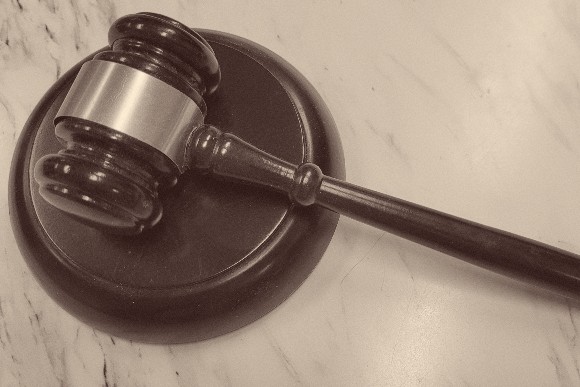In cases of sexual assault, there are typically two available defences: denial of the allegation and claiming either the complainant consented or the accused had an honest but mistaken belief in consent. In this article, we will review the relevant law in Canada with respect to the defence of honest but mistaken belief in consent.
It’s important to note that in all criminal offences, including sexual assault, the Crown Attorney has the burden of proving the offence beyond a reasonable doubt. The elements of the offence of sexual assault include the identity of the accused, date and time of the incident, jurisdiction, non-consensual touching, the sexual nature of the contact, and the absence of consent.
However, even if the Crown Attorney proves that the complainant did not consent, the accused can still raise the defence that they believed the complainant was consenting. The purpose of this defence is to avoid convicting individuals who are morally innocent.
The defence of honest but mistaken belief in consent requires an assessment of the mental state of the accused. The Crown Attorney must prove that the accused intended to touch the complainant and either knew, were reckless, or willfully blind to the lack of consent on the part of the complainant. This defence usually requires the accused to testify in their own defence, although it is not necessary and can arise from the evidence called by the prosecution.
It’s important to note that unlike consent, which is considered from the perspective of the complainant, belief in consent is considered from the perspective of the accused. The state of mind of the complainant is irrelevant to this analysis. The court will ask whether the accused believed that they had obtained consent based on the complainant’s words and/or actions.
What matters is whether the accused believed that the complainant effectively said “yes” through her words and/or actions.
– Justice Major, R. v. Ewanchuck
The focus of the court will be on the conduct of the parties before and during the alleged sexual assault. The main considerations relevant to this defence are the complainant’s actual communicative behaviour and the totality of the admissible and relevant evidence explaining how the accused perceived that behaviour to communicate consent. Other factors are considered ancillary.
Once the defence of honest but mistaken belief is established, the court will turn its mind to the limitations of the defence. Not all beliefs upon which an accused might rely will exculpate him. Consent in relation to the mens rea of the accused is limited by both the common law. The provisions of ss. 273.1(2) and 273.2 of the Code, provide that consent is not obtained where:
- the agreement is expressed by the words or conduct of a person other than the complainant;
- the complainant is unconscious;
- the complainant is incapable of consenting to the activity for any reason;
- the accused induces the complainant to engage in the activity by abusing a position of trust, power or authority;
- the complainant expresses, by words or conduct, a lack of agreement to engage in the activity;
- the complainant, having consented to engage in sexual activity, expresses, by words or conduct, a lack of agreement to continue to engage in the activity.
- the accused’s belief arose from the accused’s self-induced intoxication; or,
- the accused’s recklessness or willfully blind.
If the defence honest but mistaken belief in consent has been raised and is not prohibited due to the common law or criminal code, the burden shifts to the Crown Attorney to prove beyond a reasonable doubt that the accused cannot avail himself of the defence.
It’s important to note that the exact facts of each case are different, and there is no one-size-fits-all approach to raising the defence of honest but mistaken belief. For instance, sexual partners may have developed their own method of communicating consent during sexual activity, both verbally and non-verbally. In other cases, where the complainant expressed non-consent, the focus may be on the accused’s escalating obligation to take additional steps to ascertain consent.
For further information on the defence of consent, my college, Mat Schwartz, wrote a detailed article on the subject.
If you are or a loved one has been charged with sexual assault, please contact me to schedule a free consultation. I will gladly sit down with you and your family to discuss your case.

